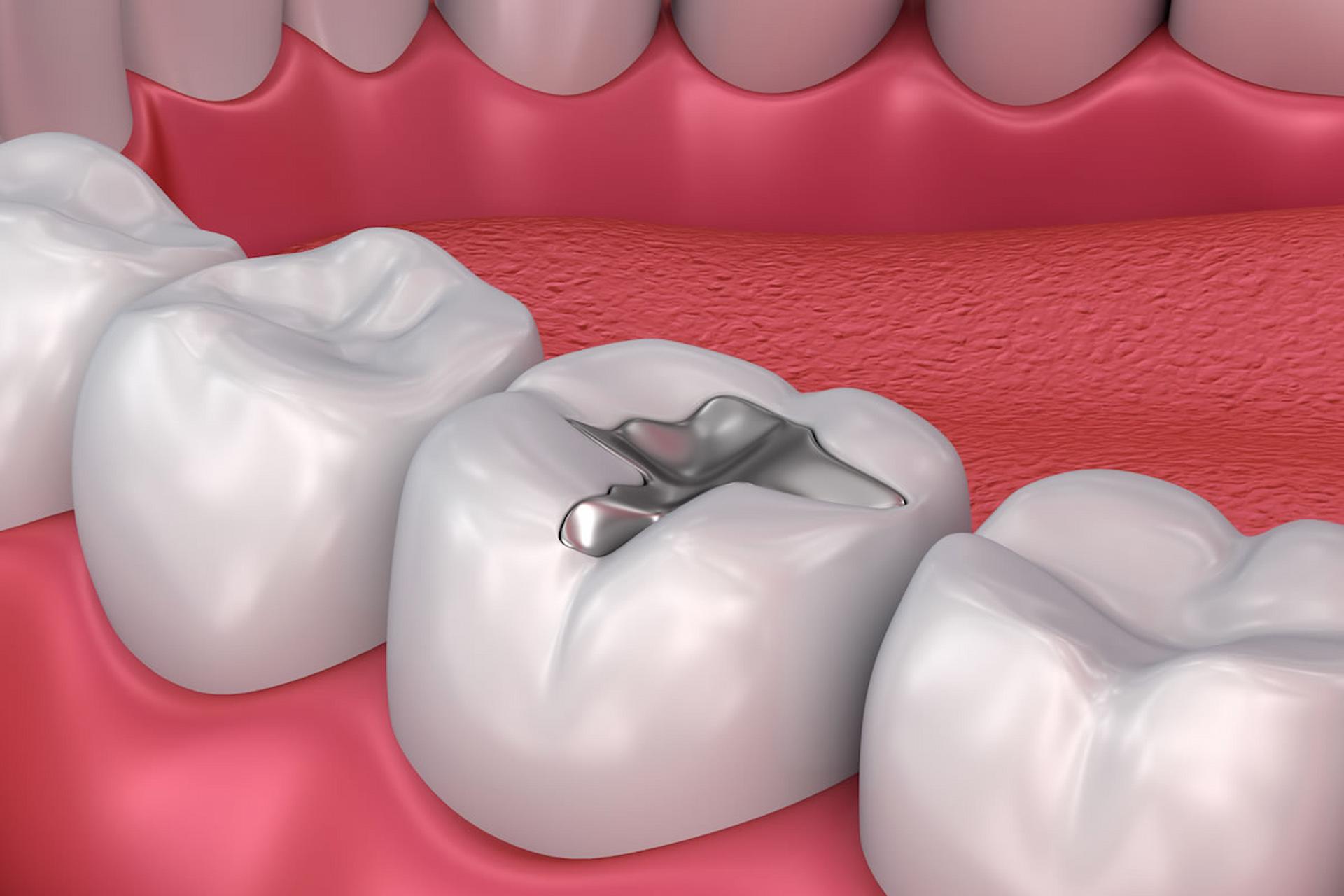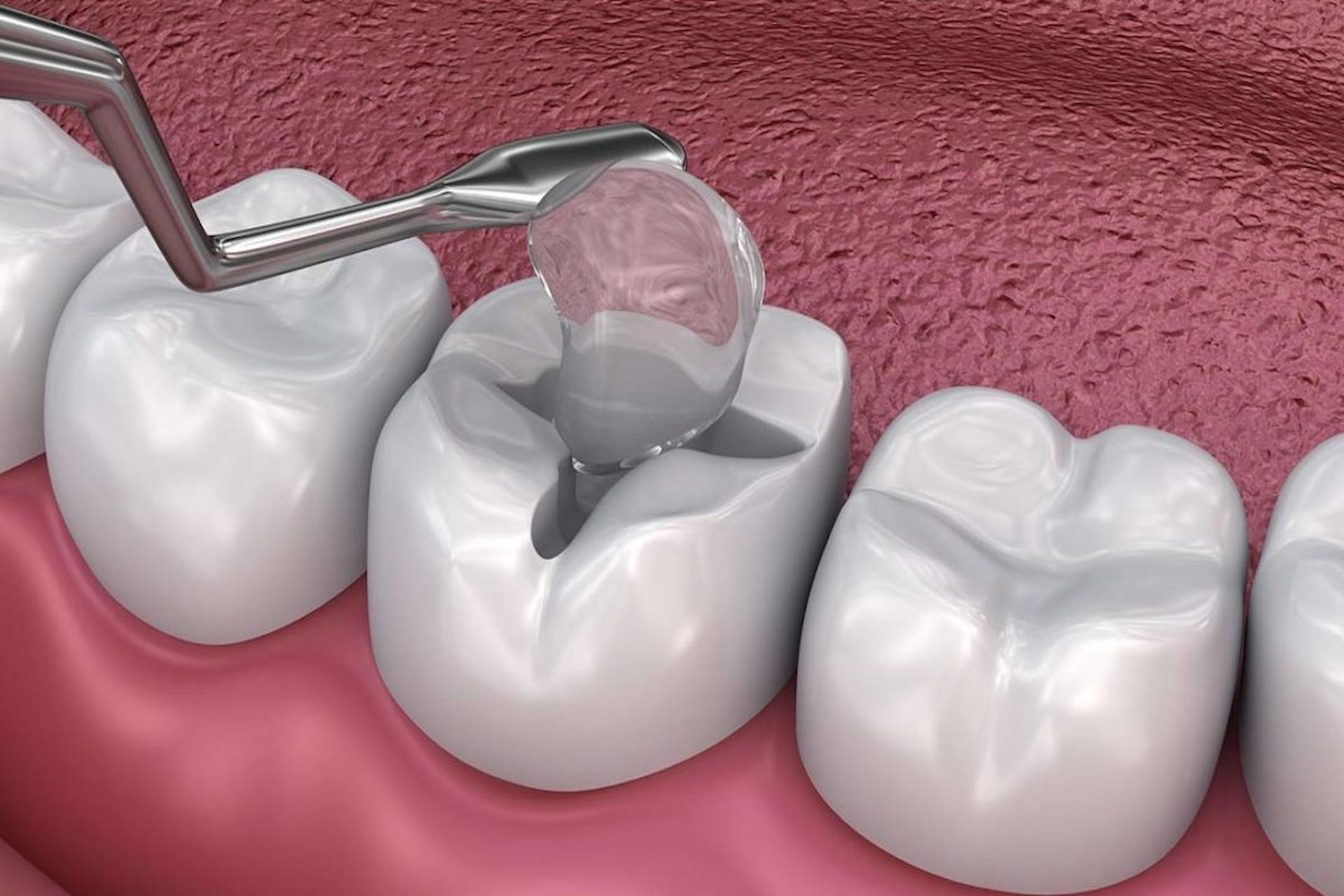Tooth decay is a common and concerning dental problem caused by a sugary diet, poor oral hygiene, or a cracked tooth. Tooth fillings are a popular treatment to restore decayed teeth and save your smile. As a dentist performing dental fillings in Vancouver explains, during the filling process, the decayed part of the tooth is removed, and the area is cleaned and disinfected before applying the filling. Although getting a tooth filling is a painless and straightforward process, it’s important to know how to care for your filling to keep it healthy for the long term. You should avoid certain things after getting a tooth filling, and it’s important to learn about them to maintain good oral health.
What Is a Tooth Filling?
Dental fillings may be a solution if you have cavities and want to know how to fix them. Fortunately, filling a cavity is straightforward and can be completed in a single dental appointment. Here is a guide to dental fillings to help you understand the procedure.
When you arrive for your appointment, the dentist will check your oral exam thoroughly.
Potential Risks & Complications Associated with Dental Implants
While dental fillings are a common and effective treatment for cavities, there are potential problems that you should be aware of. Two main issues to keep in mind are infection and damage.
A cavity can sometimes pull away from the tooth, leaving a space that is difficult to keep clean and prone to bacterial growth, which can cause additional tooth decay. If you notice a gap between your filling and tooth or experience bad breath or tooth pain, it’s essential to visit your dentist as soon as possible.
Another potential issue is that cavity fillings can break, fracture, or fall, typically during chewing or due to a sudden impact to the mouth. If you notice any damage to your cavity filling or experience discomfort or irritation at the tooth with the filling, it’s crucial to visit your dentist for evaluation and treatment.
By being aware of these potential problems with dental fillings, you can take proactive steps to maintain good oral health and ensure the longevity of your fillings. Regular dental check-ups and proper oral hygiene practices can help prevent and address any potential issues with your dental fillings.
Easy Steps to Increase the Longevity of Dental Fillings
Practice good oral hygiene
Good oral hygiene is crucial in maintaining the longevity of dental fillings. This, in turn, protects the fillings from the corrosive acids in the mouth that can damage them. Good oral hygiene also strengthens the enamel of the teeth and prevents new cavities from forming.
Limit having foods and beverages that stain your teeth
Composite resins can stain just like natural teeth when consuming items with strong coloring agents, such as red wine or coffee. After consuming these items, it’s essential to rinse the mouth with milk or water to prevent staining.
Don’t chew on hard things
Chewing on hard items like ice or hard candies can damage the teeth and the fillings inside them. It’s best to stick to soft foods that are easy to break down with the teeth.





